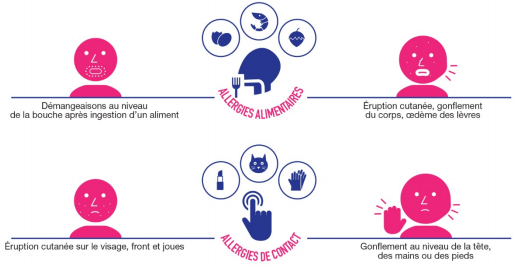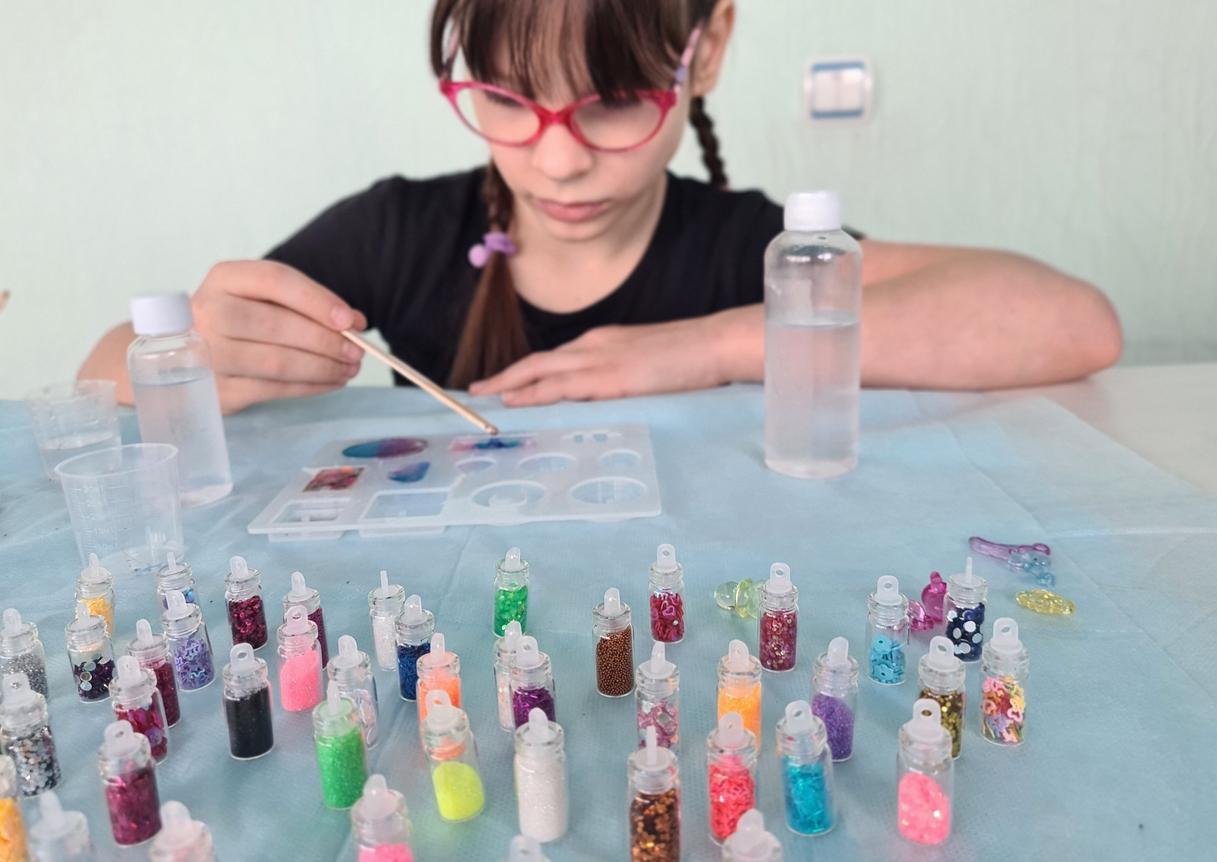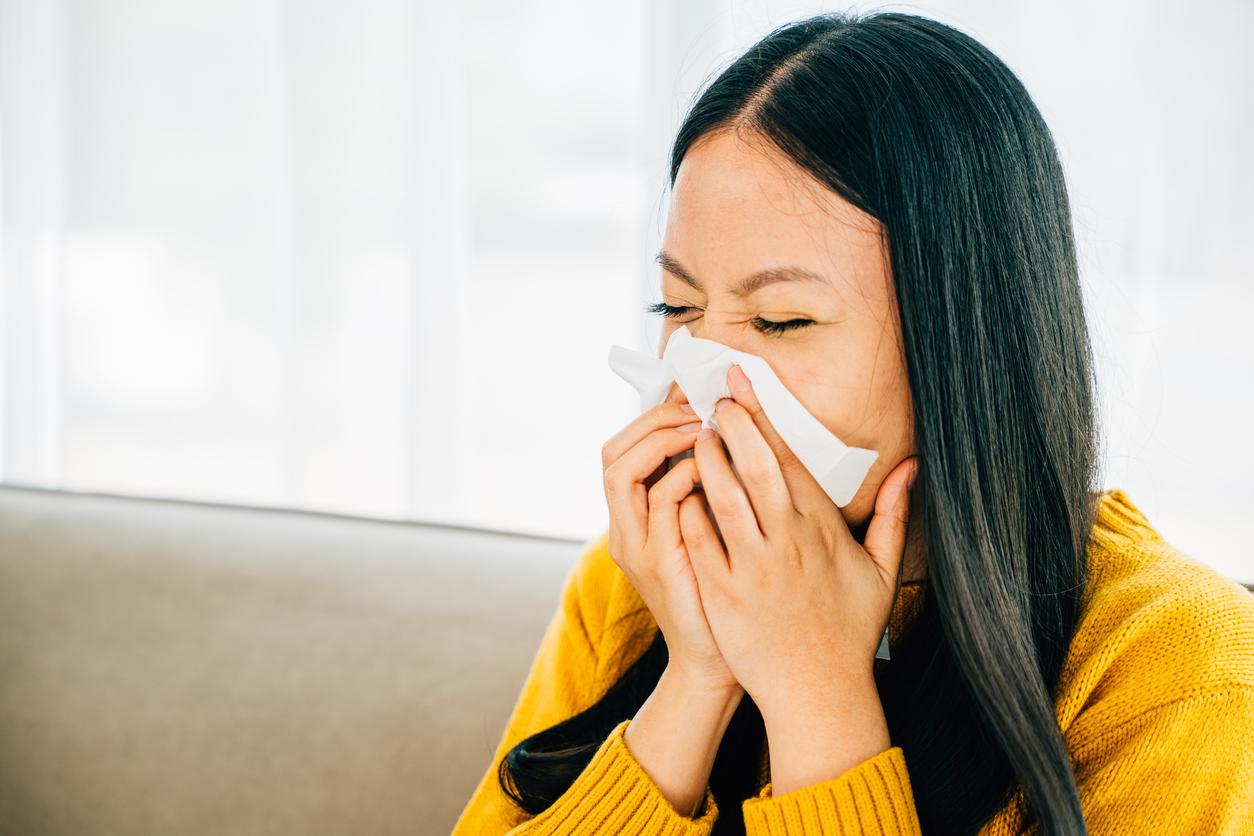Therapeutic wandering endangers the health of many allergic people and affects their quality of life. A preventable situation because the diagnoses and treatments are effective.

This Tuesday is the 10th anniversary of French Allergy Day, the 4th disease in the world after cancer, cardiovascular pathologies and AIDS. On this occasion, the Asthma & Allergies association publishes 10 proposals to improve the care of people with allergies in France. Reinforced screening, alternatives to allergenic plant species in parks and gardens, equipping firefighters’ emergency vehicles with adrenaline … are all proposals for public authorities. All have the same goal, to act in the face of the urgency of an exploding pathology!
In 20 years, the number of people with allergies has doubled. And in 2050, it is even 50% of the world population that will be affected by at least one allergic disease, according to the WHO (1). To avoid complications for all these people, experts warn about the importance of good care.
First of all, this requires a good recognition of the first symptoms. Runny, blocked or itchy nose, coughing, sneezing, are the most common in respiratory allergies (dust mites, pollens). We can add tingling eyes, tearing, or a feeling of tightness in the chest.

Source: Asthma & Allergies Association
As soon as a person experiences these symptoms, they should see their doctor to verify that it is an allergy. The latter will refer him to an allergist who will confirm or not the allergy and will prescribe an appropriate treatment. It will also help him to act by adopting good reflexes.
To ensure good coordination between practitioners, the association calls for the promotion of screening for allergic diseases by general practitioners. “And contrary to popular belief, we can do allergological tests before 5 years”, specifies Dr Pierrick Hordé, allergist in Boulogne-Billancourt (92). In the face of environmental threats, the little ones can also be protected.
Dr Madeleine Epstein, allergist in Paris: ” In 45 minutes, an allergology consultation solves 80% of non-diagnostic problems… “
The consequences of therapeutic wandering
Despite the benefits of this treatment, patients wait an average of 7 years before consulting a doctor. “It’s only a bad cold”, “It will pass”, are some of the phrases we hear regularly. “A lot of them are simply unaware of being allergic”, confides Dr. Madeleine Epstein, allergist in Paris. With significant risk involved. A mild allergy can turn into a severe allergy with severely disabling consequences. This is obviously especially during the evolution of a simple rhinitis (sneezing or runny nose) to potentially serious bronchial respiratory problems.
A frequent situation since 30% of untreated rhinitis progress to asthma. This also exposes the risk of severe attacks, triggered by high exposure to allergens or infection, requiring emergency services and sometimes hospitalization. “Each year, asthma causes nearly 1,000 deaths in France in people under 65 years of age,” notes Dr Madeleine Epstein.
Finally, the diagnostic delay also exposes to a tormented intimate life. People with severe allergic rhinitis have 4 times more trouble sleeping, and 37% of men with severe allergic rhinitis have erectile dysfunction.
Adherence to treatments: only 30%!
But once out of therapeutic wandering, all is not won. Compliance, which corresponds to following medical instructions and prescriptions, is estimated at around 50% in children with asthma and decreases with age to reach around 30% in adolescents and adults.
Faced with these figures, Asthma & Allergies therefore wishes to systematize therapeutic education for allergic and asthma patients. Improving the coverage by mutuals of allergy desensitization treatments, reimbursed up to 15% by social security, is also one of its avenues to improve compliance.
Dr Madeleine Epstein : ” The problem of compliance is that of all the therapeutic education of the patient. Normally, it would be necessary to explain to them … “
Currently, one in 3 French people would be affected by allergies. Strange, while in this country, allergy is still not recognized as a medical specialty, unlike 15 other countries. The number of allergists is declining steadily in France. “In the long term, this statutory inequality can have repercussions on the care of patients with serious allergies and slow down the installation of doctors in other European countries for example”, concludes the association.
On March 22, 2016, from 1 p.m. to 7 p.m., an interactive chat is organized on the theme of allergy between Internet users and allergists from all over France, as well as a Medical Advisor in the Interior Environment (CMEI). Everyone is invited to discuss, testify, ask questions and find answers: what can I do to prevent my allergy from getting worse? When to go see an allergist or a doctor? How to recognize the first signs of allergy? What are the long-term risks for my child? How is a consultation with an allergist? What are the different treatments? How to avoid crises? How can I benefit from the expertise of an Indoor Environmental Medical Advisor and improve my indoor environment? …
So go to the association’s website (asthma-allergies.org) who relays the chat again this year. The dialogue may continue on the Facebook page of the Association (Asthma & Allergies Association) and via its Twitter account (@AsthmeAllergies).
(1) World Health Organization
.















